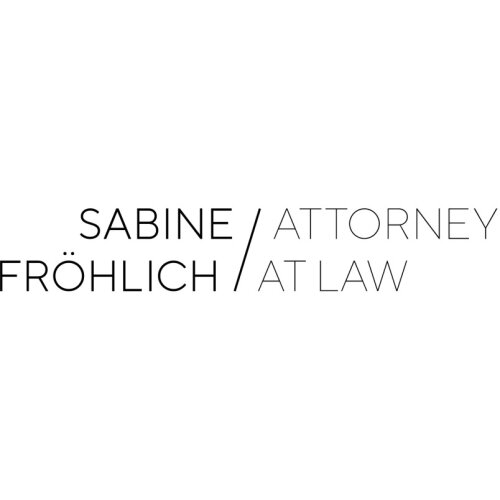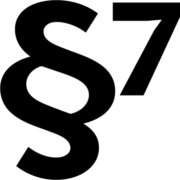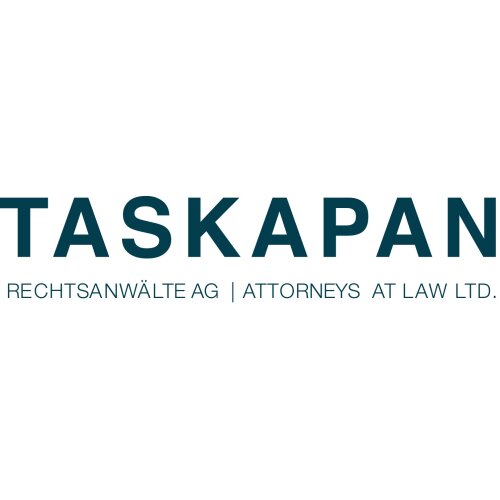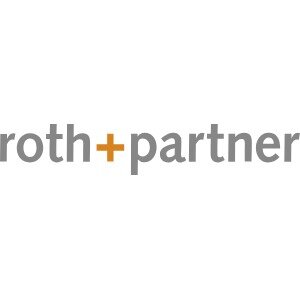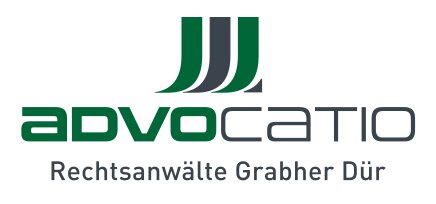Best International Trade Law Lawyers in Liechtenstein
Share your needs with us, get contacted by law firms.
Free. Takes 2 min.
Or refine your search by selecting a city:
List of the best lawyers in Liechtenstein
About International Trade Law in Liechtenstein
International Trade Law in Liechtenstein is shaped by its unique position as a member of the European Economic Area (EEA) and its customs union with Switzerland. The country's legal framework integrates multilateral trade agreements, regional EU regulations, and national legislation. This ensures compliance with international trade standards while fostering Liechtenstein's economic interests. Traders and businesses operating in or with Liechtenstein must navigate a complex legal landscape that includes EU directives, Swiss-Liechtensteiner agreements, and local trade regulations.
Why You May Need a Lawyer
Engaging a lawyer specialized in International Trade Law can be crucial in several situations:
- When starting a new business venture involving cross-border trade, legal advice can help navigate compliance issues.
- If you encounter disputes related to international sales contracts or trade agreements, legal expertise is essential.
- When dealing with customs and duties issues, a lawyer can ensure compliance with local and international regulations.
- Legal advice is beneficial when negotiating or interpreting trade agreements and contracts.
- Export controls, tariffs, and non-tariff measures may necessitate professional legal guidance.
Local Laws Overview
Liechtenstein's legal framework for international trade is characterized by integration with European Union regulations and Swiss agreements. Key aspects include:
- Customs Union with Switzerland: Liechtenstein's adherence to Swiss customs law simplifies trade between the two countries but requires compliance with Swiss customs regulations.
- European Economic Area (EEA) Membership: While not an EU member, Liechtenstein respects EEA regulations aiming for a seamless single market environment.
- International Trade Agreements: Liechtenstein is party to multilateral agreements through EFTA, which influence its international trade policies.
- Investment laws: Foreign investment regulations are designed to attract investors while ensuring adherence to domestic standards.
Frequently Asked Questions
What is the legal basis for international trade regulations in Liechtenstein?
Liechtenstein's international trade regulations are primarily derived from its customs union with Switzerland and its membership in the European Economic Area (EEA), enabling alignment with EU regulations where applicable.
Are there any specific local taxes on international trade in Liechtenstein?
Liechtenstein, through its customs union with Switzerland, follows Swiss customs and tax policies for goods. This includes value-added tax (VAT) and customs duties where applicable.
Do I need to comply with EU regulations when trading from Liechtenstein?
As part of the EEA, Liechtenstein aligns with many EU regulations, especially regarding goods and services exchanged within the European market, while certain customs regulations follow Swiss guidelines.
How can I resolve disputes related to international trade in Liechtenstein?
Dispute resolution can involve negotiation, mediation, or arbitration as preferred methods, bolstered by Liechtenstein's arbitration-friendly legal framework, but legal representation is recommended.
What roles do Swiss agreements play in Liechtenstein's trade laws?
The Swiss-Liechtenstein Customs Treaty harmonizes regulations, especially concerning customs duties and procedural standards, facilitating smoother cross-border trade operations.
Is legal advice necessary for setting up an export business in Liechtenstein?
Yes, legal advice is beneficial in ensuring compliance with both local and international trade regulations, helping navigate complex legal requirements efficiently.
What documentation is typically required for international trade in Liechtenstein?
Trade documentation generally includes customs declarations, invoices, certificates of origin, and export/import licenses, subject to Swiss and EEA regulations.
Are there any import/export restrictions in Liechtenstein?
Import/export restrictions in Liechtenstein often mirror those of Switzerland due to their customs union, with considerations for EU-related controls given the EEA association.
How can I stay updated with international trade laws in Liechtenstein?
Joining trade associations, attending relevant workshops, and consulting with legal advisors can keep you updated on changes and developments in trade laws.
Can I get government support for my international trade-related queries?
The Liechtenstein Chamber of Commerce and Industry, along with government consultations, are valuable resources for queries and assistance related to international trade.
Additional Resources
Consider consulting the following resources for assistance and information on International Trade Law in Liechtenstein:
- Liechtenstein Chamber of Commerce and Industry: Offers networking and advisory services for traders and businesses.
- Swiss Customs Administration: A resource for customs rules applicable to Liechtenstein.
- European Free Trade Association (EFTA): Provides information on trade agreements relevant to Liechtenstein.
Next Steps
If you require legal assistance in International Trade Law in Liechtenstein, consider the following steps:
- Identify your specific legal need, whether it is related to compliance, dispute resolution, or contractual matters.
- Research and contact a lawyer or law firm specializing in International Trade Law with good reviews and experience in Liechtenstein.
- Prepare all relevant documentation and prior correspondence related to your trade activities to present a detailed account to your legal representative.
- Consider seeking preliminary advice from the Liechtenstein Chamber of Commerce to gain insights or referrals to suitable legal experts.
Lawzana helps you find the best lawyers and law firms in Liechtenstein through a curated and pre-screened list of qualified legal professionals. Our platform offers rankings and detailed profiles of attorneys and law firms, allowing you to compare based on practice areas, including International Trade Law, experience, and client feedback.
Each profile includes a description of the firm's areas of practice, client reviews, team members and partners, year of establishment, spoken languages, office locations, contact information, social media presence, and any published articles or resources. Most firms on our platform speak English and are experienced in both local and international legal matters.
Get a quote from top-rated law firms in Liechtenstein — quickly, securely, and without unnecessary hassle.
Disclaimer:
The information provided on this page is for general informational purposes only and does not constitute legal advice. While we strive to ensure the accuracy and relevance of the content, legal information may change over time, and interpretations of the law can vary. You should always consult with a qualified legal professional for advice specific to your situation.
We disclaim all liability for actions taken or not taken based on the content of this page. If you believe any information is incorrect or outdated, please contact us, and we will review and update it where appropriate.
Browse international trade law law firms by city in Liechtenstein
Refine your search by selecting a city.



